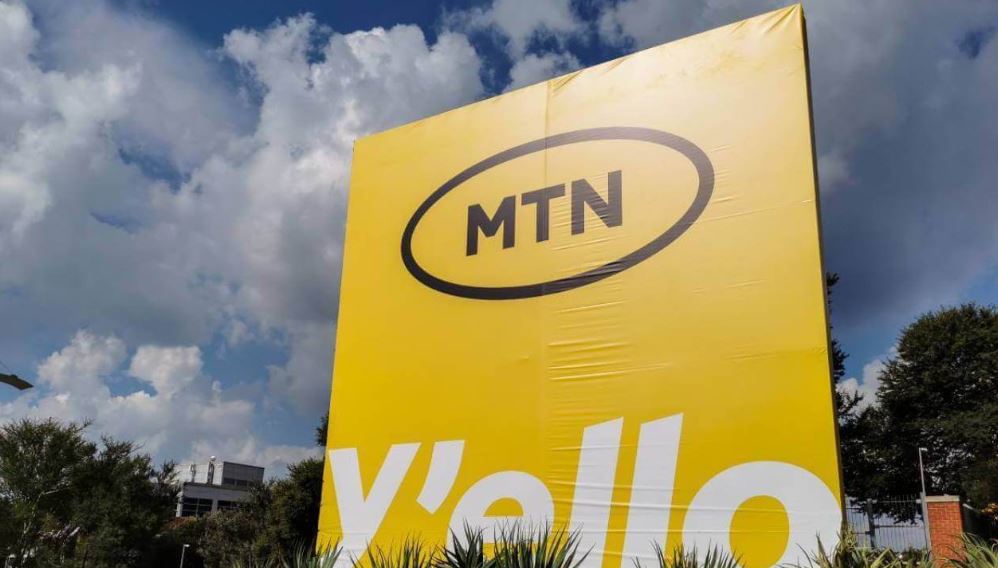MTN Ghana reported a profit after tax of ₵3.6 billion ($327 million) for the first half of 2025, surpassing MTN Nigeria’s ₦414.9 billion ($271 million) by a whopping $56 million.
Stephen Blewett, the CEO of MTN Ghana, shared the figures on LinkedIn. They show a 20 per cent advantage over the group’s biggest market.
Key factor in MTN Ghana’s significant milestone
Ghana’s economic climate has been an essential factor in this result. With the Cedi holding steady, inflation remaining low, and pro-business reforms bolstering the tech industry, the nation has experienced comparatively stable macroeconomic conditions.
On the other hand, Nigeria still faces economic uncertainty, inflationary pressures, and currency devaluation, which have significantly affected corporate earnings when converted to USD.
Nigeria had 84.7 million subscribers, almost three times as many as Ghana, which had 30.2 million, but Ghana’s unit offered more value per user.
This was fueled by robust fintech growth, lean operations, and a 31 per cent increase in service revenue to ₵8.1 billion.
MTN Ghana’s H1 financial performance fuelled by growth in digital, mobile money services
Ghana’s performance has been helped by the rapid growth of MTN’s digital and mobile money sectors.
In 2025’s first six months, data revenue grew by 30.5 per cent, and fintech revenue jumped 48.2 per cent. MoMo transactions hit all-time highs.
Additionally, the business kept capital expenditures low in relation to revenue, which led to an EBITDA margin of 58.4 per cent—much higher than Nigeria’s 50.6 per cent.
Due mainly to ₦887 billion in forex losses, MTN Nigeria is recovering from a ₦519.1 billion loss in H1 2024. Even though service revenue increased by 32.6 per cent annually, the gains were counterbalanced by growing operational expenses and the depreciating value of the naira, which keeps reducing profitability.
Question of market size in relation to profitability
The findings cast doubt on the notion that market size equates to profitability.
MTN Ghana’s success reminds us of the significance of economic stability, digital innovation, and structural efficiency. This could lead to strategically reevaluating investment priorities and resource allocation for the 19-country MTN Group.
Larger but unstable economies may not be as reliable profit centres as smaller, more stable markets like Ghana.
Ghana’s financial advantage over Nigeria might signify a larger change in the regional telecom competitiveness, as African countries differ in their monetary policies and investment environments.















